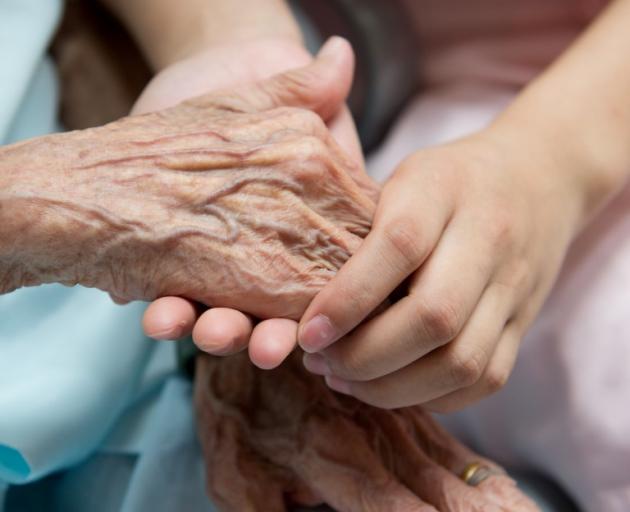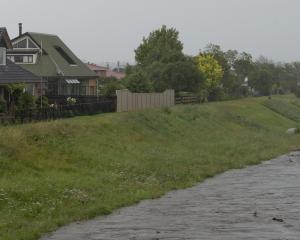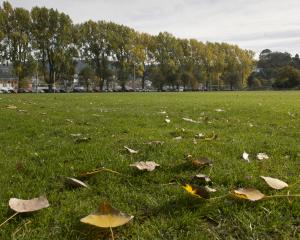
Research led by geriatrician Hamish Jamieson, of the University of Otago's Christchurch campus, found negative social factors were often more compelling reasons for elderly people to enter care, rather than health issues such as incontinence and falls.
The findings come out of surveys of more than 54,000 New Zealanders during a five-year period.
The study, published recently in The Journal of American Medical Directors Association (JAMDA), found people who said they were lonely were nearly 20% more likely to go into a rest-home, even when they were physically well.
People living alone were 43% more likely to enter care, and those with stressed carers were 28% more likely to enter care.
People lacking positive social interactions were 22% more likely to enter care, including elderly people experiencing conflict with friends or family.
Presbyterian Support Otago Enliven services director Maurice Burrowes said Presbyterian Support saw trends consistent with the university research.
"We undertook some local research in 2017 asking older people living in the community about community involvement and support.
"Social isolation and loneliness were frequently mentioned, with 1 in 3 participants saying they frequently or sometimes felt lonely and 50% saying they wished they had more contact with others."
Age Concern Otago executive officer Debbie George said the prevalence of loneliness in older people could be seen every day.
"[It] is reported through most of our services and programmes, [for instance] meals on wheels drivers often report that many older people are more interested in the conversation when they deliver their meal, than the meal itself."
Causes of loneliness could include dependence on social media, isolation, health issues, lack of general social interaction, lack of community connections, loss and grief.
Dr Jamieson said the university study quantified the "significant impact social factors have on people entering rest care facilities".
"While we know this is a problem it is really important to measure the size of the impact and also how big this is compared to other more medical factors," he said.
"This study shows the importance of social factors in driving elderly into residential care, including people whose health is good for their age."
Carer stress was a common cause of elderly people entering rest-homes, even when they were in good health for their age.
"Families or whanau often do everything they can to support their loved ones staying at home. However, this constant caring can become exhausting for families which leads to admission into aged-care facilities."
Dr Jamieson said New Zealand was one of many countries that had developed health and social policies to provide early intervention and allow older people to live healthily in their own home - but the study showed social factors were just as powerful in a person's decision, or the decision of their family or whanau, to make the move into aged residential care.












